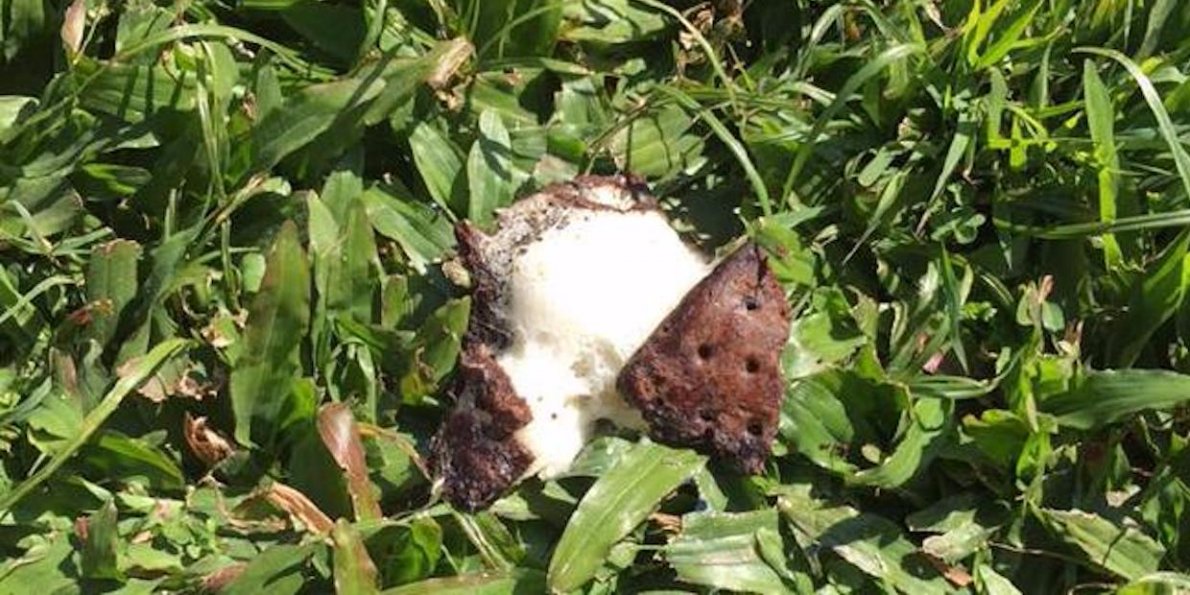This story is part of MOLD Magazine: Issue 01, Designing for the Human Microbiome. There’s still time to order your limited edition copy here.
If the future lies in the hands of scientists and engineers, where does that leave designers? Designer-entrepreneur Julie Legault believes synthetic biology holds the answer. Legault founded Amino Labs to develop DIY desktop kits to guide people of all ages through the process of genetic engineering. Over the course of several days, DIYers prepare petri dishes and inject cells with DNA to grow bacteria to produce colors, light, flavors and aromas. These can then be extracted and purified into pigments for paints or into scents that can be worn or sprayed. As Wired wrote when they launched, it’s the “Easy-Bake Oven” approach to designing living organisms.
Amino Labs launched in 2015 after participating in MIT’s E14 Fund and in San Francisco’s IndieBio accelerator. After a successful crowdfunding campaign, the company has developed hardware and “wetware” bundles as a straightforward tool to get people interested in synthetic biology. The Engineer-it Kit supplies the tools needed to engineer bacteria to produce pigments, lights or smells. If you don’t have access to a lab environment, you can purchase a DNA Playground or All-In-One Bioproduction Lab, desktop hardware that provides the optimal conditions for bioproduction, such as turning E. coli purple. The team hopes the mini-labs can, “show kids that you can have fun with science and that it can be applicable,” Legault explains. The Labs are educational tools to get kids excited about bioengineering while teaching their parents about the technology’s potential.
Legault’s interest in design led her to science, “I was more artsy as a kid [and] I didn’t see how art and design could be connected to synthetic biology.” While researching ways to create perfumes that react to hormones at MIT, theory-heavy biology courses left her afloat in a sea of abstract concepts. Then, a hands-on synthetic biology tutorial introduced Legault’s material-focused design mind to the potentials of manipulating cells. “What was really exciting is that without having a biology background we were able to engineer bacteria over a couple of days. [The class] gave me the confidence to try and find my own work in synthetic biology.”
After graduating from MIT’s Media Lab, Legault found business partners with backgrounds in science and engineering to continue her education. “I was lucky to find people who were willing to answer my questions but writing the instruction books [for the Amino Labs Kits] helped me learn the science the most.” Legault hopes that after following an Amino Labs Kit, users will understand the fundamentals of how synthetic biology works in addition to having some fun manipulating cells.
Although it’s easy to impress people with stories of glow-in-the-dark bacteria and engineering cells to emit fruity aromas, synthetic biology remains niche. “For us it’s really the nonscientist and the future scientist we’re aiming at. We want to broaden the amount of people who have access to the space and give them the hands on experience they need to get started.” This will give designers the potential to create new materials, children the ability to grow their own paint colors, and everyone the power to customize their food. While there remains legal and safety hurdles to overcome when using DIY synthetic biology kits in food production, there is the potential to alter baking and brewing yeasts so they have unique and customizable vitamin or flavor profiles.
As with any scientific development, DIY synthetic biology raises a series of questions and ethical problems. Who gets to control engineered cells? Who will have the know-how? How can we predict the outcomes?
“There’s good practice and bad practice and we need to be aware of what it means,” explains Legault. “But you don’t know what [synthetic biology] means until you get that hands on experience.” Amino Labs offers a solution through education. The Easy-Bake Oven primed a generation of kids to get crafty in the kitchen. Here’s to hoping that Amino Labs prepares the next generation to get smart about synthetic biology.


